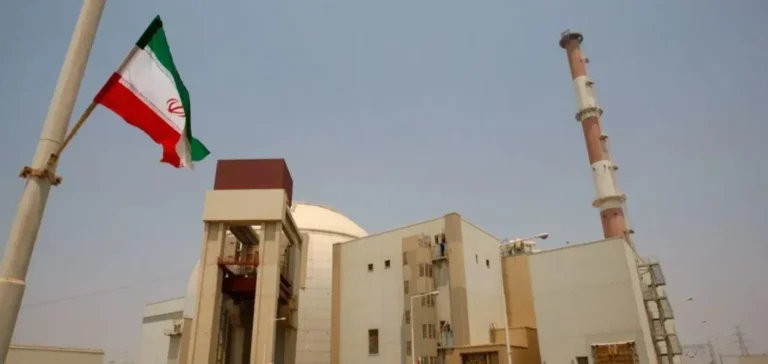Iran cancelled the submission of a draft resolution at the annual general conference of the International Atomic Energy Agency (IAEA), accusing the United States of exerting financial and diplomatic pressure on several member countries. The text called for a ban on attacks targeting nuclear facilities, amid recent strikes on Iranian sites in June.
Countries urged to delay their support
Backed by China, Russia, Belarus, Nicaragua, Venezuela and Zimbabwe, the resolution was formally withdrawn on Thursday evening. Diplomats reported that several IAEA members were urged not to support the motion under threat of funding suspension. According to sources close to the negotiations, the United States had suggested it would reduce its voluntary contribution to the IAEA’s budget if the resolution passed.
Resolution condemned June airstrikes
The document included a paragraph condemning the June airstrikes on Iran’s nuclear facilities, describing them as “clear violations of international law.” It asserted that all states must refrain from attacking or threatening peaceful nuclear infrastructure in other countries. Iran had halted cooperation with the IAEA following the attacks, notably by restricting access to several military and nuclear sites.
Limited resumption of technical inspections
An agreement was signed on September 9 in Cairo to allow IAEA inspectors to gradually return, though inspections have not resumed. The only exception was a technical mission at the Bushehr nuclear power plant in late August to replace nuclear fuel. No access was granted to the bombed sites, and the full extent of the damage remains undisclosed. A law passed by the Iranian parliament in July forbids any cooperation with the UN agency outside strictly defined parameters.
Risk of UN sanctions being reinstated
Diplomatic tensions continue as the foreign ministers of Germany, the United Kingdom and France demanded concrete commitments from Iran regarding its nuclear programme. Without progress, sanctions from the United Nations (UN) could be reimposed within ten days.
On Friday, Iranian Foreign Minister Abbas Araghchi stated he had submitted a “fair and balanced” proposal to European powers to avoid such measures. The UN Security Council is expected to make its decision in the coming days, just ahead of the organisation’s annual summit.






















